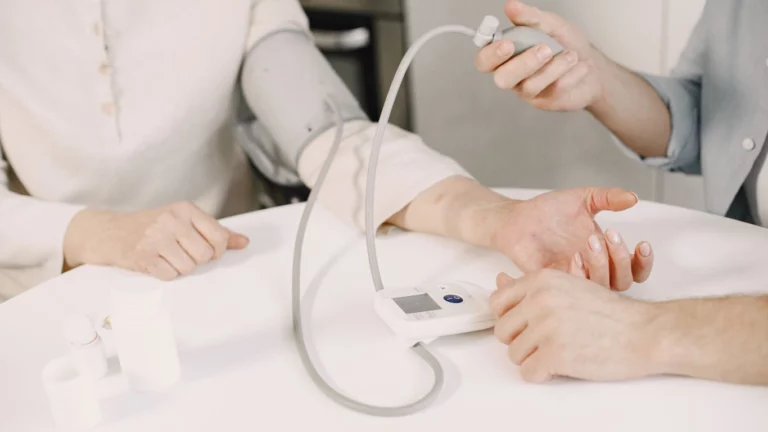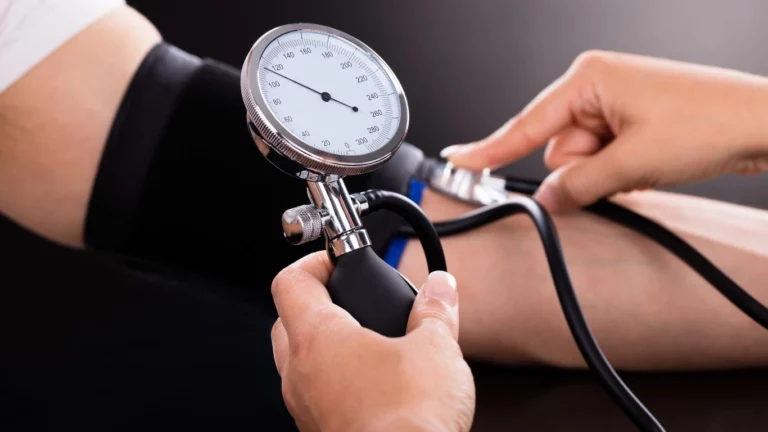Acid Reflux and Bloating Remedies – What Works and What Doesn’t
Let’s dive into what actually works when it comes to acid reflux and bloating remedies. Whether you’re dealing with the painful burn of heartburn or the uncomfortable puffiness of bloating, we’re here to help. These tips are based on real experiences, not just textbook solutions. So if you’ve been feeling the discomfort of acid reflux or bloating, keep reading for remedies that can help.
Have you ever felt that burning sensation creeping up your chest after a big meal? Or maybe you’ve been dealing with that constant bloated feeling, like you’re carrying around a beach ball in your stomach? You’re not alone. Acid reflux and bloating are two of the most common digestive complaints, and they can be seriously annoying. Whether it’s the discomfort from acid reflux (also known as heartburn) or the bloated sensation that just won’t quit, dealing with these issues is no fun.
But don’t worry, there are a variety of remedies that can help. In this guide, we’ll take you through some of the best acid reflux and bloating remedies that actually work, plus a few things you might want to avoid. We’ll keep it casual and relatable, because let’s face it, we’ve all been there!
What Is Acid Reflux and Why Does It Happen?
Before jumping into remedies, it’s worth understanding what’s going on inside your body. Acid reflux happens when stomach acid flows back into the esophagus. This can cause that uncomfortable burning sensation we all know as heartburn. It’s most commonly triggered by overeating, certain foods, or even stress. In some cases, it can lead to more serious conditions like gastroesophageal reflux disease (GERD). If you’ve ever had that sharp pain in your chest after a greasy meal, that’s acid reflux making its presence known.
Bloating, on the other hand, happens when gas or air builds up in your digestive system, leaving you feeling full and uncomfortable. It can happen for a lot of reasons: eating too quickly, consuming too much salt, or even drinking carbonated beverages. It’s that “stuffed” feeling where it feels like your stomach has inflated to the size of a balloon.
Simple Acid Reflux and Bloating Remedies That Actually Work
Now that we know what we’re dealing with, let’s talk about remedies. You’ve probably Googled “how to stop acid reflux” or “how to relieve bloating” and come across a million different tips. But not all of them work, and some may even make things worse. Let’s cut through the noise and look at the remedies that really work.
1. Try Eating Smaller, More Frequent Meals
Overeating is a major culprit for both acid reflux and bloating. When you eat a huge meal, your stomach has to work overtime to process all the food. This can cause acid reflux to flare up and make bloating worse. Instead of three big meals a day, try eating smaller meals every few hours. This gives your digestive system a break and helps prevent that uncomfortable fullness.
2. Avoid Trigger Foods
Some foods are known to trigger acid reflux, including spicy foods, fatty foods, chocolate, and citrus. If you’re already dealing with acid reflux, try cutting back on these and see if it makes a difference. For bloating, watch out for foods that are known to cause gas, such as beans, broccoli, cabbage, and carbonated drinks. Keeping a food diary might help you identify your personal triggers, so you can avoid them.
3. Drink Herbal Teas
If you’re looking for a natural way to ease both acid reflux and bloating, try drinking herbal teas. Peppermint tea and ginger tea are great for calming down an upset stomach. Ginger, in particular, is known for its anti-inflammatory properties, which can help soothe digestive discomfort. Peppermint has a similar calming effect and can help with bloating by relaxing the muscles of your digestive system.
4. Drink Plenty of Water
Hydration is key when it comes to digestion. Drinking enough water helps keep things moving in your digestive system and can reduce bloating. Just be careful not to drink too much water with meals, as this can dilute stomach acid and actually make acid reflux worse. Sipping water throughout the day is the best approach.
5. Eat Slowly and Chew Your Food Thoroughly
We live in a fast-paced world, and sometimes it’s easy to scarf down a meal without really thinking about it. But eating too quickly can lead to swallowing air, which can contribute to bloating. It also makes it harder for your stomach to digest food properly, increasing the likelihood of acid reflux. Slow down, take your time, and chew your food thoroughly. It’s not a race!
Natural Remedies for Acid Reflux and Bloating
If you’re looking for more natural ways to deal with acid reflux and bloating, you’re in luck. There are a variety of home remedies that can help alleviate these symptoms. Just keep in mind that what works for one person might not work for another, so it’s all about finding what works best for you.
1. Apple Cider Vinegar
It might sound counterintuitive, but apple cider vinegar is often recommended as a natural remedy for acid reflux. The idea is that the acidity helps balance the stomach’s pH levels and reduces reflux symptoms. Mix one tablespoon of apple cider vinegar in a glass of water and drink it before meals. Some people swear by this remedy, but be careful—it might not work for everyone, and it could even make things worse for some.
2. Baking Soda
If you’re feeling that burning sensation in your chest, a small amount of baking soda mixed with water might help neutralize stomach acid and provide quick relief. Just make sure to use this sparingly, as too much baking soda can lead to other digestive issues.
3. Probiotics
Probiotics are great for maintaining a healthy gut. They help balance the bacteria in your stomach and intestines, which can reduce bloating and improve digestion. You can find probiotics in foods like yogurt, kefir, and fermented vegetables, or you can take supplements. If bloating is a regular issue for you, incorporating probiotics into your diet might be worth a try.
When to See a Doctor
While most of the remedies listed above are safe and effective for mild acid reflux and bloating, there are times when you should seek medical advice. If you experience frequent or severe symptoms, it’s best to consult a healthcare professional. Chronic acid reflux can lead to more serious conditions like GERD, and bloating could be a sign of an underlying issue, such as food intolerance or gastrointestinal disease. Don’t hesitate to reach out to your doctor if you’re concerned.
Appendices
FAQs
- Can I drink coffee if I have acid reflux? Coffee is acidic and can trigger acid reflux in some people. If you notice your symptoms worsening after drinking coffee, try cutting back or switching to decaf.
- What is the best position to sleep in with acid reflux? Sleeping on your left side can help reduce acid reflux symptoms. Elevating your head by 6-8 inches may also help keep stomach acid from creeping up into your esophagus.
- Is bloating ever a sign of a serious condition? While bloating is usually harmless, if you experience sudden, severe bloating along with pain, nausea, or vomiting, it could be a sign of a more serious condition. Seek medical advice if this occurs.
References
- National Institute of Diabetes and Digestive and Kidney Diseases. (2023). Acid Reflux (GERD). Read Article
- American College of Gastroenterology. (2023). Bloating: Causes and Treatment Options. Read Article
- Healthline. (2024). The Best Natural Remedies for Bloating. Read Article
Disclaimer: The information provided in this article is for educational purposes only and does not substitute for professional medical advice. Always consult your doctor or healthcare provider for personalized care regarding acid reflux, bloating, or any other health concerns.

Camellia Wulansari is a dedicated health writer specializing in digestive disorders, contributing valuable insights and information to the health and wellness community. With a passion for promoting well-being through knowledge, Camellia serves as a reliable source of expert content on healthusias.com.






